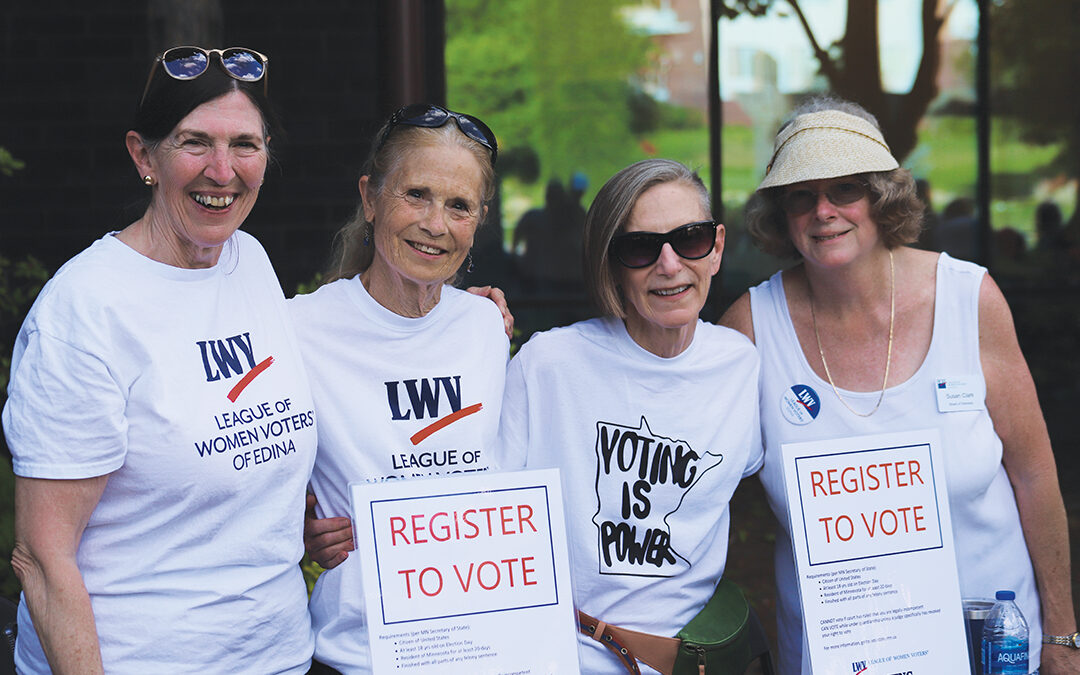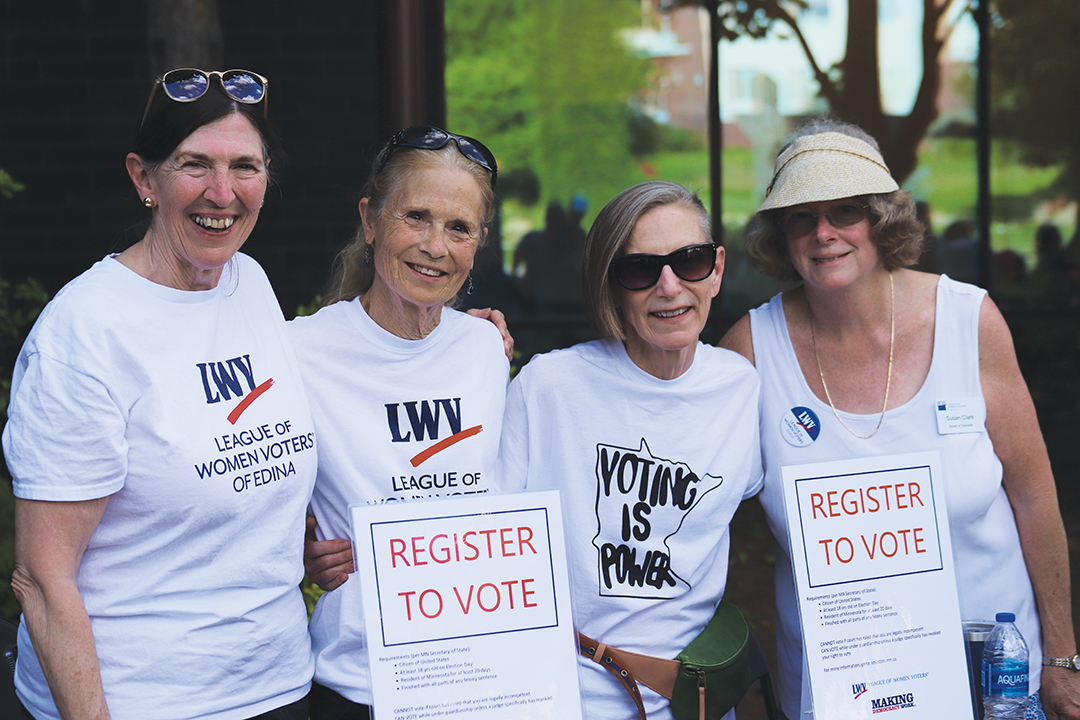
Pexels/Sarah Chai
May is Maternal Mental Health Awareness Month. Our editor sat down with Heidi Bausch-Ryan, PsyD, LP of CARE Counseling to talk about pre- and postpartum depression, recognizing the signs and removing the stigma of therapy.
Feroza Mehta: Sometimes people experience postpartum depression (PPD) or postpartum anxiety (PPA). What is the difference between the two and what are the signs?
Bausch-Ryan: Concerns that are unspoken and untreated can greatly impact the whole family system that first year after birth. It is important to note that postpartum depression and anxiety impacts fathers (nearly 1 in 10) as well as mothers (1 in every 5-7). PPD emerges within the first year after childbirth and is characterized by persistent and often overwhelming feelings of sadness, hopelessness, irritability and a loss of interest or joy in activities that are meaningful to the person. PPD goes beyond the natural and transient “baby blues” that many new parents experience. PPA is another common mental health experience. New parents can often experience constant worry and racing thoughts, feeling that something bad is going to happen, irritability, restlessness, and sleep struggles. The pressure to be a perfect parent, concerns about the baby’s wellbeing, and overwhelming responsibilities can contribute to PPA. Some people experience physical symptoms such as increased heart rate, shakiness, dizziness, hot flashes and nausea. Both PPD and PPA are temporary and treatable with the help of a mental health professional.
FM: Speaking as a person who went through PPD, I was terrified of saying anything to my OBGYN because I thought they’d take away my newborn baby. I’m not the only one. My friend went through the same thing and never said anything until her husband (who is a physician) noticed she was having symptoms and encouraged her to seek help. What would you say to mothers to let them know healthcare providers are on their side and just want to help? How would you convince them that it’s ok to speak up and not be afraid?
BR: Stigma around mental health often feeds the story of what we should and should not be experiencing, especially after childbirth when there is such pressure to exude joy and happiness. Because of how common and treatable PPD and PPA are, healthcare professionals are more experienced, understanding, and open than what the story of stigma tells us. Identify a support person to accompany you at an upcoming appointment. Write down depression and anxiety related symptoms you are experiencing to share with your OBGYN.
FM: How can we offer mothers more resources to support their mental health?
BR: For those with a new or soon to be parent in your life, we encourage preemptive and regular check-in throughout the journey. Supporting parents in seeking help proactively by engaging in therapy during pregnancy can be so helpful in building awareness, skills, strengths, and resiliency for the postpartum healing journey. There are mental health providers that work with perinatal mental health to support parents in feeling more resourced and capable of navigating any concerns that may arise. Postpartum Support International (PSI) has a discussion tool that parents can use to support in starting the dialog with their provider. It also has support resources.
Find more information at postpartum.net.
Heidi Bausch-Ryan, PsyD, is affiliated with CARE Counseling, which has offices across the Twin Cities, including one in Edina. Find more at care-clinics.com.





















